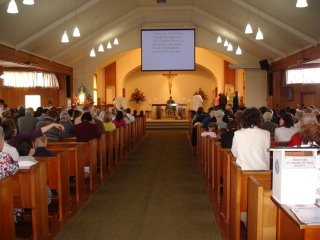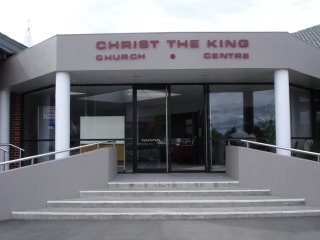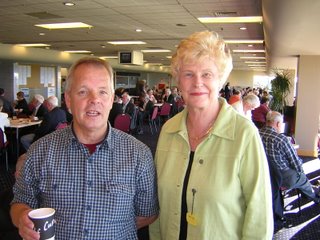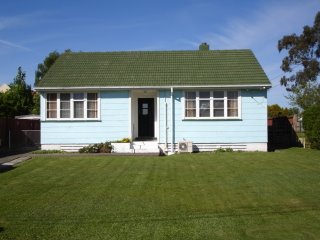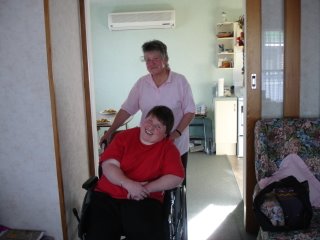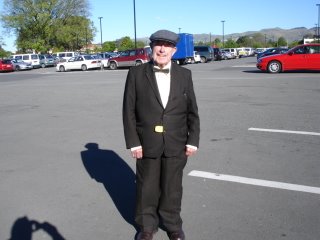Typical New Zealand Rural Church
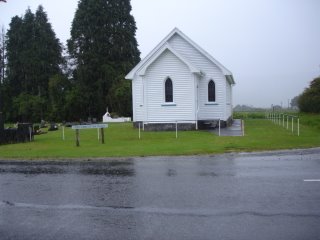
Spent a couple of days with Uncle Arnett and we had a good time though he has slowed down considerably since the last time I saw him. I had committed myself to start working in a parish in the Christchurch diocese on the 14th of October. So I went to the Vicar General Monsignor Gerry O’Connor in cathedral house. Very nice man in his seventies and he asked me to go to a parish in Burnside as the Parish priest had gone away for a few weeks to rest and have a break.
Fr Gerry told me that there were only 34 priests in the diocese trying to serve 52 parishes. Though they had some help from the Marist order these were going to pull out at the end of the year. 75% of the diocesan priest were over 65, so the future is looking grim in the priest department. Like most of the affluent nations New Zealand is suffering from a shortage of priestly vocations. Some of the priests in the rural areas here are looking after five or six parishes and on some Sundays can be travelling over 200 miles to celebrate Mass and return home.
The pastoral plan over here is not so much about organising priest to work together but rather enabling the laity to take ownership of their respective parish. The Pastoral plan has been on the table since 1997 but has still not got off the ground in a big way. I actually think our diocese in Portsmouth is a lot more forward in its implementation than they are here in Christchurch. I believe they have discussed the plan and on paper it is very impressive but without a certain number of priest it is nearly impossible to implement.
There is a lesson for our diocese here. At the moment we have enough priest in the diocese to actually implement the pastoral plan, therefore we should do it before it is too late and the number of priest dwindle which might make it impossible to put into effect. At the moment we have enough priests to work together with the laity so that an effective way can be found so that individual parishes can keep their identities with out a resident priest.
Our parish in Crowthorne and Sandhurst have already experienced this and is experiencing it again for a longer period. It is heartening to hear and see that basically you are putting the pastoral plan in to practice and through this you are growing into a community who prays, works and plays together and keeping your identiy. You and other parishes like you are the future of our Church. Yes we do need priest to celebrate certain sacraments, but maybe not as many as we think!
